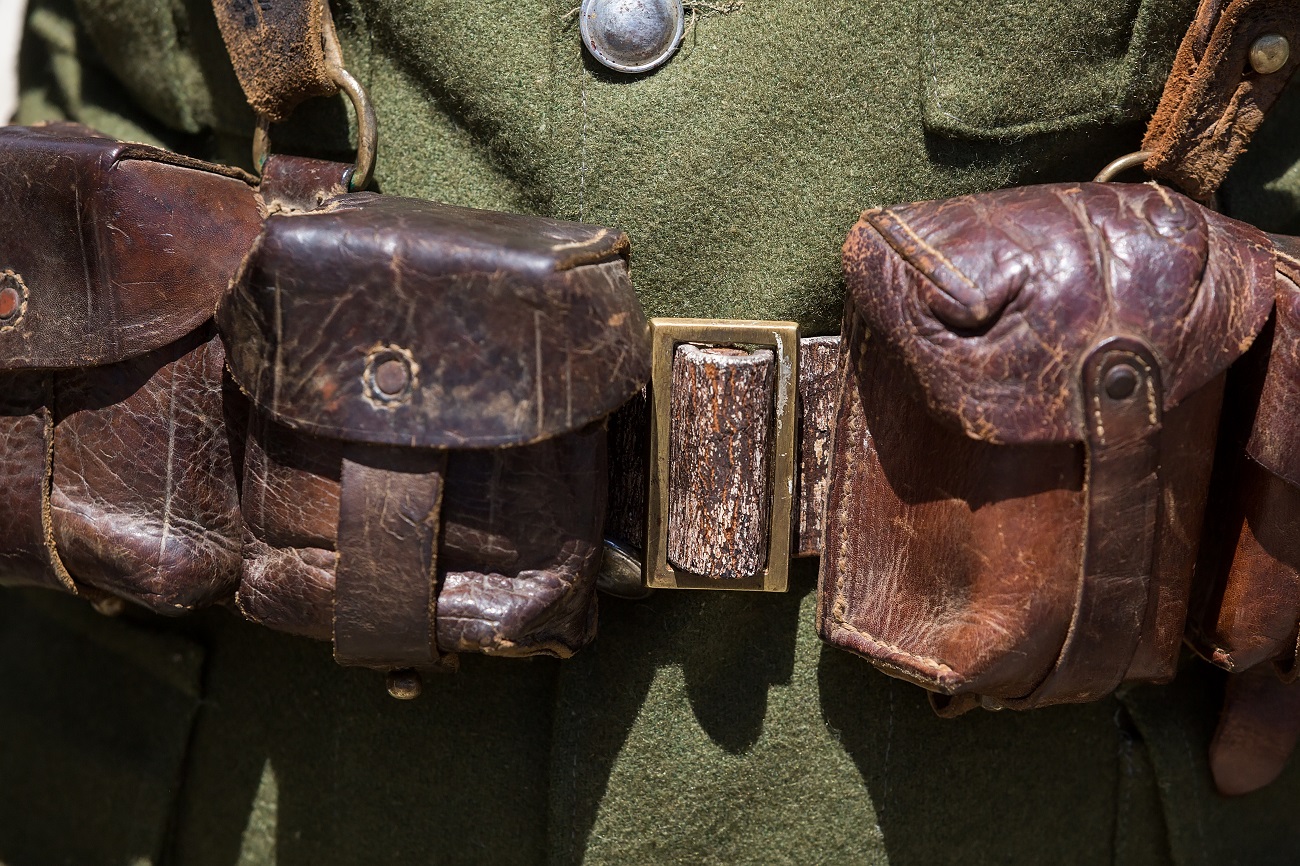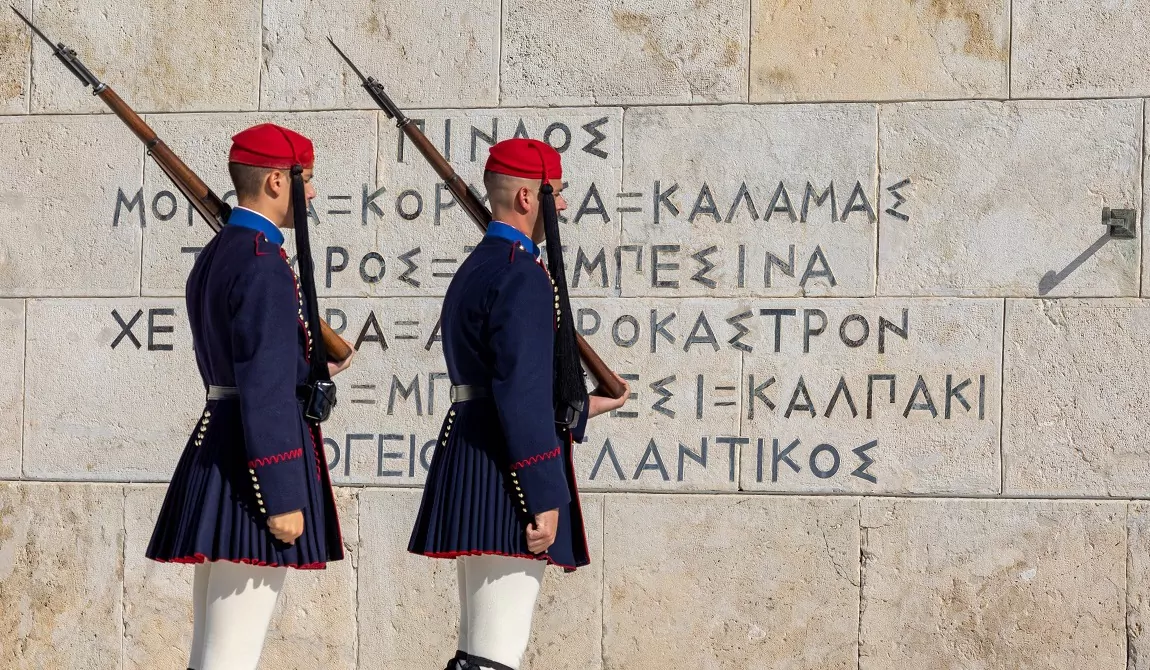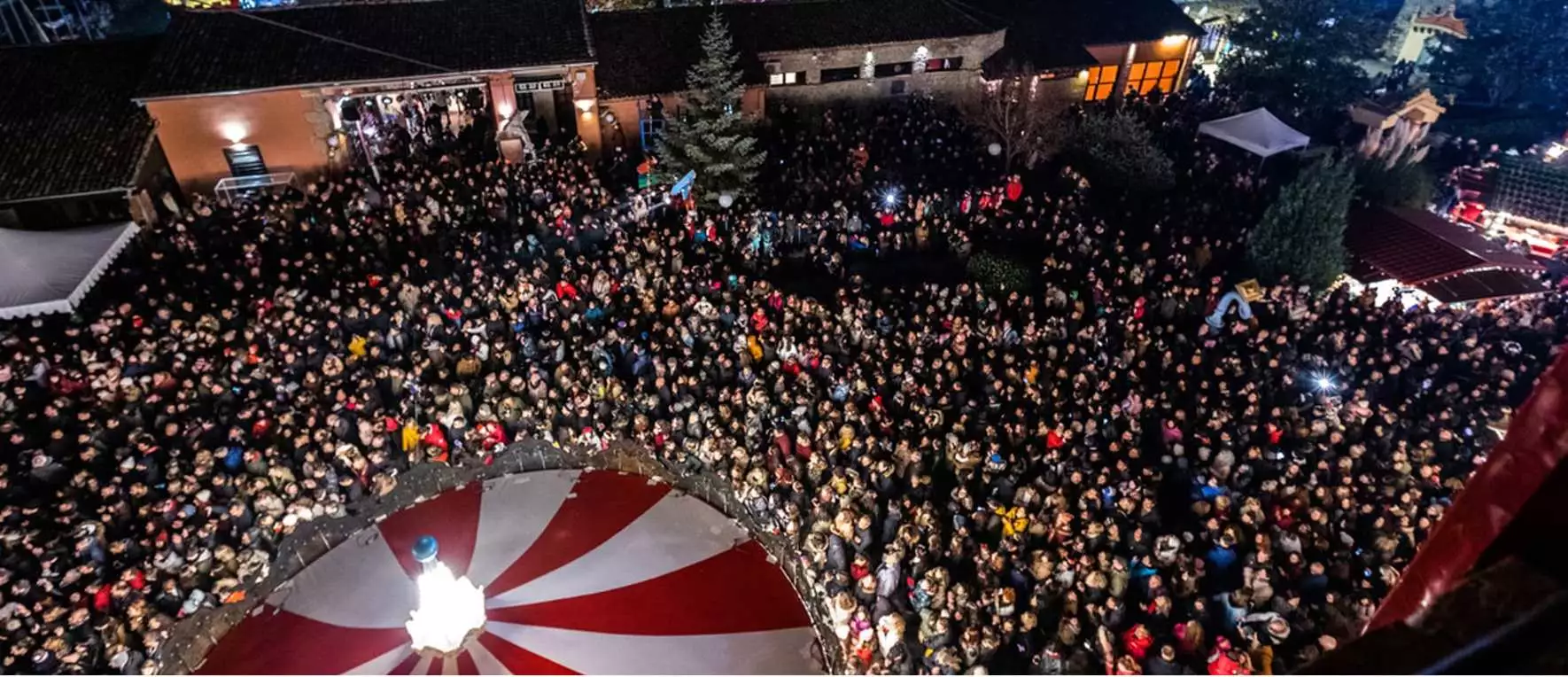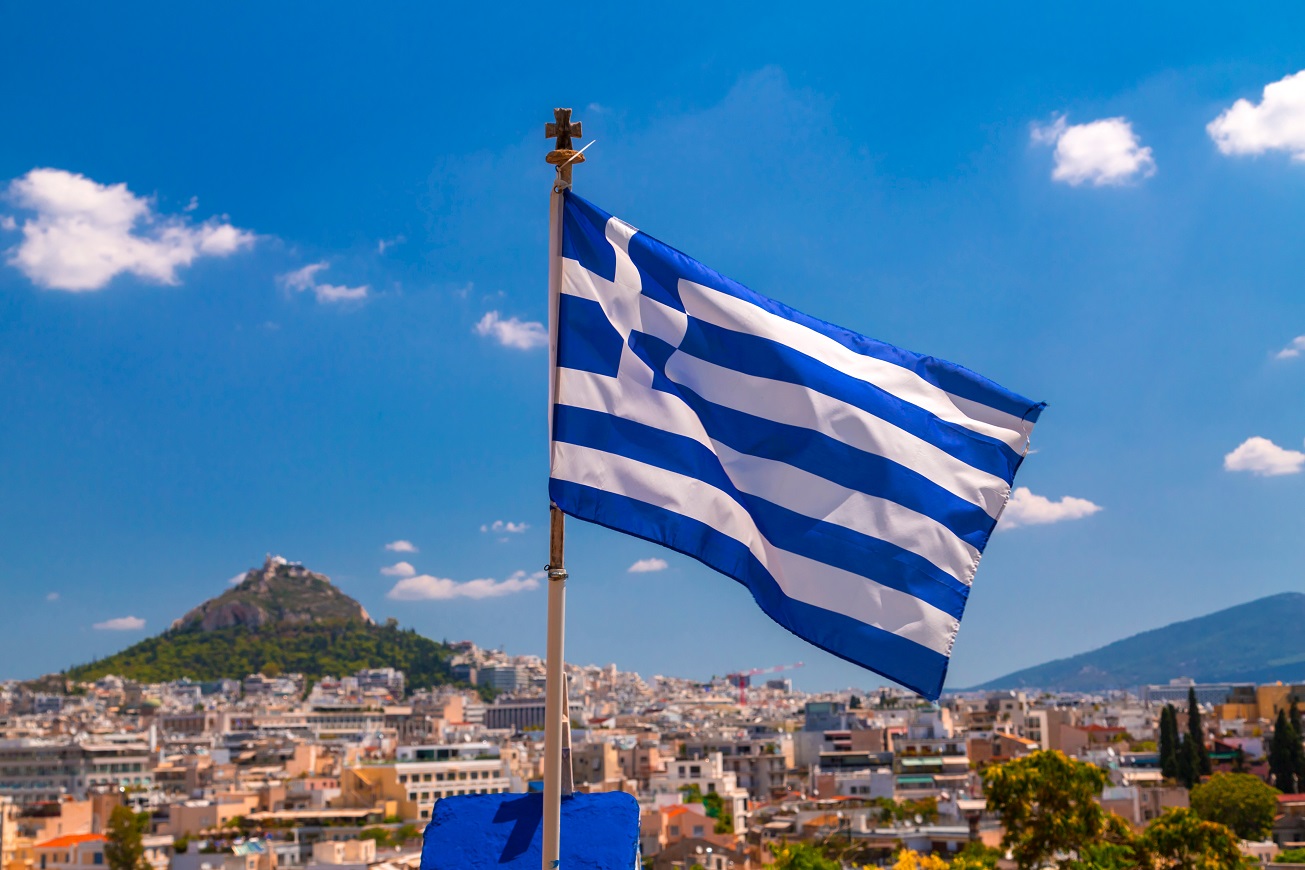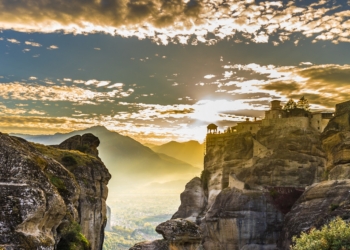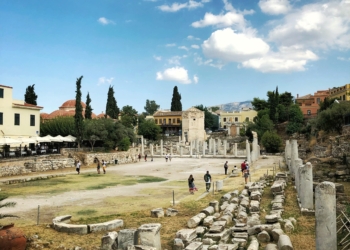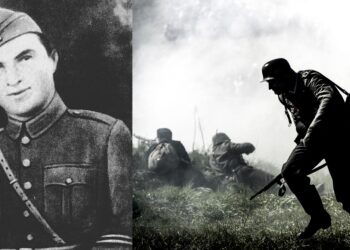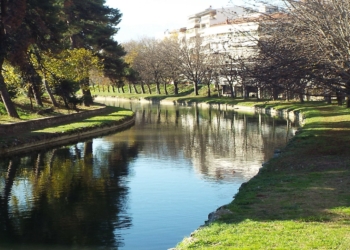October 28, 1940. From the break of dawn, following the historic rejection and the “no” decision by Ioannis Metaxas, Greece found itself at war with Italy. A war that went down in history as an Epic. A war, in which the country counted dead and the first of them was Vasilios Tsiavaliaris, who… It thus earned a place in history. “Before dawn appeared at 5 a.m. on October 28, 1940, the enemy’s cannons began thundering and spreading fire and iron. The 21st outpost of the Greek-Albanian border, on the Golio hill near Pyrsogianni was the first target. There, in the trench, with the submachine gun in his hand, Vasilios Tsiavaliaris from Pialia, Trikala, falls dead. He was the first Greek soldier to sacrifice himself for his country, in the epic of the ’40s.”
Sergeant Itsios: A legendary personality and the historic battle with 33,000 bullets
October 28, 1940: The story of Vasilios Tsiavaliaris
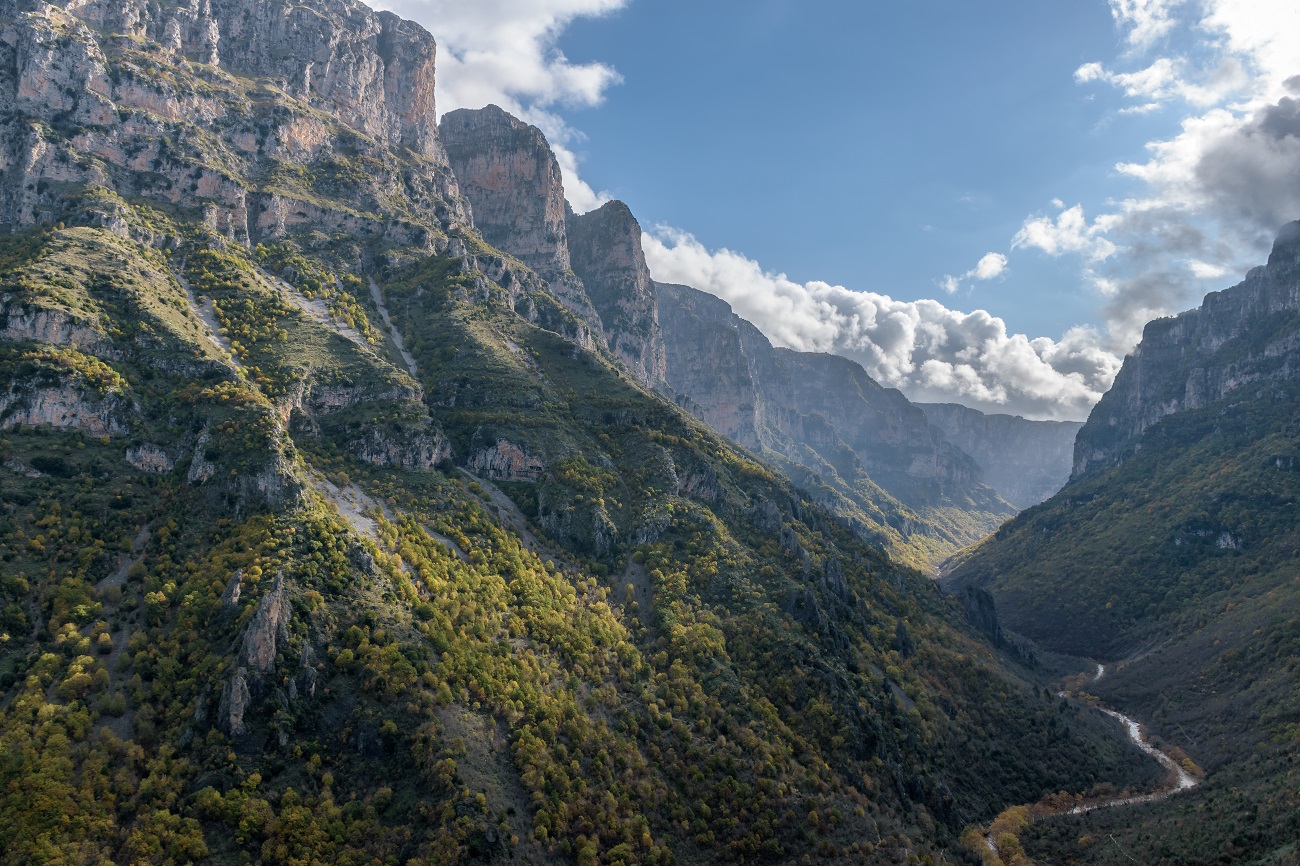
The narrative you’ve shared is about George Papavasiliou, a former school counselor of Primary Education in Trikala, who spoke about Tsiavaliaris. It’s not a coincidence that Tsiavaliaris was mentioned, as he was the first Greek soldier from Trikala who lost his life in the war of 1940. Specifically, Tsiavaliaris hailed from Pialia, a village at the foot of Koziakas in Trikala.
Papavasiliou shared these words as they were conveyed to him by Christos Apostolou Giannou, another Trikalinos, who served in the same team as Tsiavaliaris. The question arises, who was this first Greek soldier killed on October 28, 1940, in the Epic of the ’40s? Those who remember him describe him as a hardworking man, a person of morals who loved traditions, family, and his country. He was a man who would ultimately sacrifice his life for his country.
Tsiavaliaris was not serving his term at the time of the war; he had been discharged from the army in November 1934. However, when war with Italy seemed inevitable, he responded immediately to the call of his homeland. As a father of three, Tsiavaliaris did not hesitate for a moment and promptly left for the front.
Unfortunately, fate was not kind to him. He was not among the fortunate ones who survived and returned to their homes, their lives, and their children. His last words, according to George Papavasiliou, were “My children are gone”. Yet, his children have always been proud of their father, who met a glorious death fighting for one of his highest ideals. His death resulted in his name remaining immortal among his fellow villagers and the region of Trikala.
Every year, a celebration called “Tsiavaliaria” is held in his honor. During this event, those present pay tribute not only to their fellow villager but also to all those who fought in the Epic of the ’40s for Greece.
Trikala: The city that combines beauty and technology
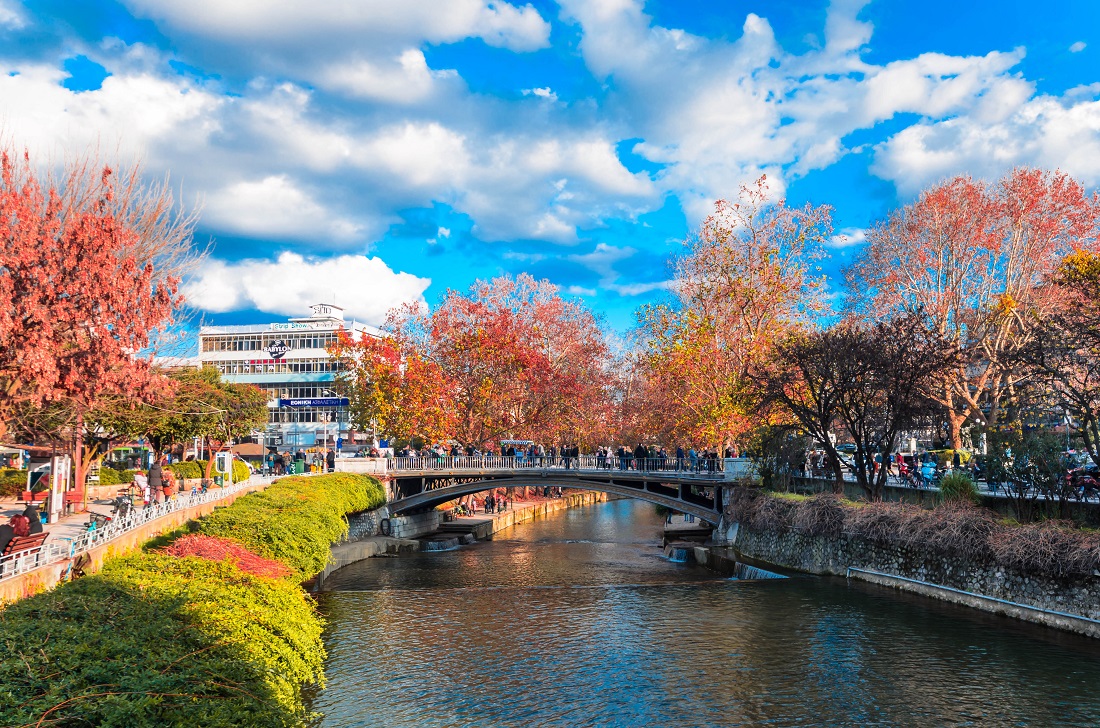
Today, more than 80 years later, Trikala is not, of course, as Vasilios Tsiavaliaris left it. With the river Litheos being the trademark of the city, cutting it in half, Trikala is one of the older cities in Europe. The first Greek city with wireless internet for everyone, the first Greek city with automatic buses (without a driver), the city in which technology is perfectly combined with traditions but also with an unprecedented -for Greek standards- respect for pedestrians, since at any crossing cars stop even if they are green.
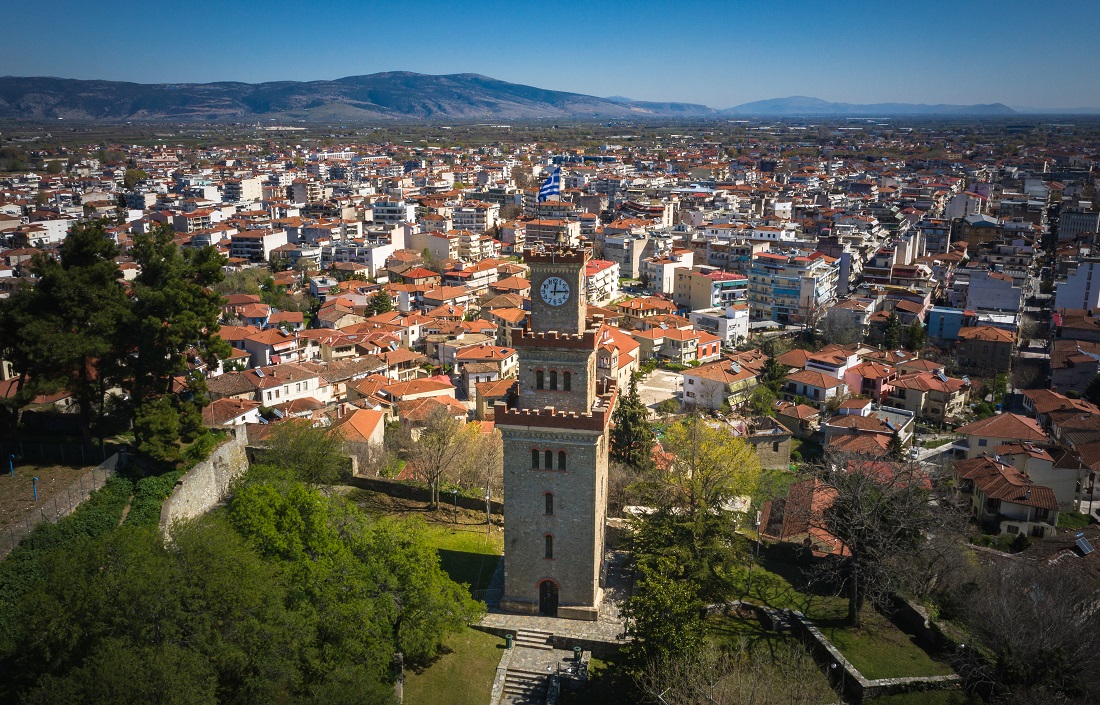
The city in which every visitor… falls in love with the pedestrian street of Asklipiou Street with… Countless shops for every taste. Clothes shops, cafes, bars, clubs, taverns, everything.
Travel to Greece – Google News – Follow us
Read also:
Fort Roupel: The legendary monument – a symbol of the struggle of the Greeks in the epic of the ’40s
Greek flag: Why is it blue and white, with nine stripes?


